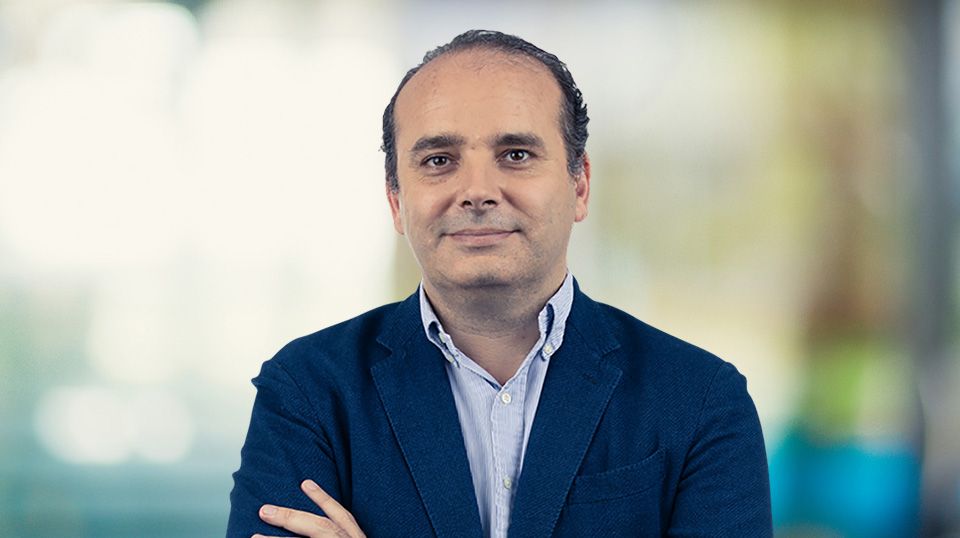ESG Clarity asked portfolio managers and research professionals to share their reflections on 2023, alongside their predictions for the new year within the sustainable investment space.

Nature, diversity and human rights
Claudia Wearmouth, global head of responsible investment at Columbia Threadneedle Investments, said nature and diversity will be key focus areas for when assessing equities in 2024.
“Nature underpins the global economy but is quickly deteriorating because of deforestation and pollution. Both companies and investors need to learn more about the dependencies and impacts on nature, and how best to account for nature-related risks and opportunities.”
Wearmouth highlighted in 2023 the progress on diversity consisted of “corporate efforts to recruit, retain, develop, engage and advance a diverse workforce. [Meanwhile] our active ownership [consisted of] work with investee companies through engagement, voting and collaborative investor initiatives.”
Building more of the social angle, she said in the year ahead the team will focus on progressing a more systematic approach to identifying and managing material risks within “human rights due diligence and supply chain risk management.
“We will also continue to develop the sophistication and consistency of our analysis around human capital management,” she added.

Companies exposed to green trends will experience positive growth rates
Daniel Lurch, portfolio manager of the JSS Sustainable Equity – Green Planet fund at J. Safra Sarasin Sustainable Asset Management, expects companies exposed to green trends such as resource efficiency, smart mobility, future energies and ecosystem protection to experience positive growth rates in 2024.
“Companies best positioned to benefit from these trends include profitable clean technology providers, green capex plays in the capital goods and machinery space, power semi producers focused on EVs and renewables, waste management and recyclers and electricity grids.”
However, Lurch remains aware that “economic risks globally are challenging, while geopolitical events could also increase volatility. As ever, a well-balanced and diversified portfolio remains the best way to take advantage of the green investment opportunity.”

A risk of less public funding for decarbonisation projects
Steve Smith, European equities fund manager of the Invesco Sustainable Eurozone Equity fund, said 2023 as an “all-time high” for innovation but returns were poor. He commented: “There was a dramatic rise in sustainable investing at a time when the cost of equity in developed markets was heading to zero. It created new industries that didn’t have to make a return above their cost of capital.”
“Similar to buying companies that leveraged the internet, such as Apple and Amazon, it’s now time to own the companies benefiting from this sustainable innovation. We want to have exposure to these decarbonisation journeys as the businesses have the power to make positive change and generate strong financial returns.”
Further, Smith predicts that changes to fiscal policy will be a key part of 2024, urging “investors must incorporate fiscal risk into their stock analysis.”
“Whether in reaction to the consumer squeeze, changing voter sentiment or the higher cost of sovereign debt, we’ve seen governments watering down their climate policies. To get all stakeholders onboard, politicians in developed markets have historically approached environmental issues with a transition mindset and must continue to do so. Otherwise, there remains a risk of less public funding for decarbonisation projects.”

Evidence social media is having a negative impact on health and society
Raphael Pitoun, portfolio manager for the Trium Sustainable Innovators Equity fund at Trium Capital, reveals why the team will continue to avoid large tech names.
“The main feature of 2023 was the concentration of returns at historically high levels coined the ‘Magnificent Seven’. Contrary to most sustainable strategies, investing in most of the Magnificent Seven does not make sense from an ESG perspective. We favour companies with long term and sustainable growth prospects at reasonable price.
“We are positioned to benefit from investment in companies whose revenue is boosted by multi-year secular trends and innovations, combined with hefty margins. These companies are positioned across health monitoring, resource preservation or product simulation.
“We will continue to avoid large tech names because of ESG concerns. We see growing evidence that social media, for example, has a negative impact on health and society, particularly mental health issues, education and democracy.
“It remains to be seen to what extent government policies towards energy transition and carbon preservation will be maintained. The US elections are an important catalyst as Trump has stated that he would roll back current policies if he were elected. More broadly, there are key elections in many parts of the world that would decide whether climate change will continue to remain a priority in the next few years.”

The energy transition, healthcare and education
Silvia Merler, head of ESG & policy research at Algebris Investments, revealed five key areas that she said will drive sustainable investments in 2024.
- The first is the energy transition. The drive towards net zero remains strong, both at the policy level and investments being made by government.
- Sectors connected to electrification or battery and storage, or also circular economy and recycling.
- Healthcare and education, because it’s connected to a secular trend, which is that of ageing.
- Digitalisation, specifically the latest developments in AI, but also more generally, cybersecurity, data centre and data management.
- Lastly, the continued trend towards reshoring. This will present investment opportunities from the current complicated geopolitical context.

Government incentives will offer support to sustainable players
Hari Balkrishna, portfolio manager of the T. Rowe Price Global Impact Equity strategy, said he will be looking at impact opportunities in the industrials space while also looking at healthcare and IT.
He is also encouraged that legislation will push companies to support more sustainable businesses: “Government incentive programs such as the American Inflation Reduction Act or the EU Green Deal offer substantial support to sustainable solutions players. As this shift gains steam, it will fuel positive long-term returns for the sustainability ‘winners’.”








